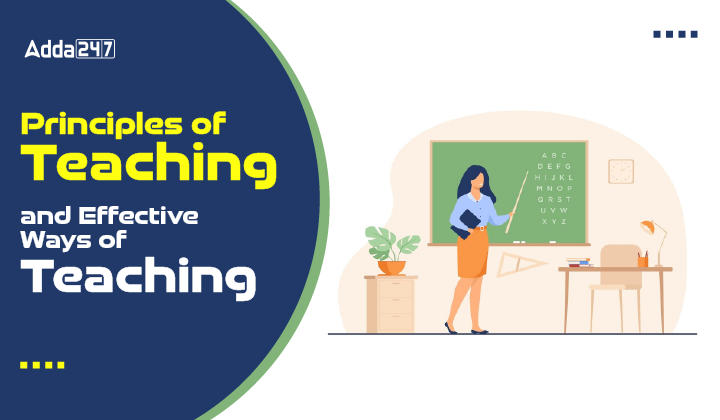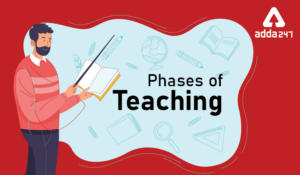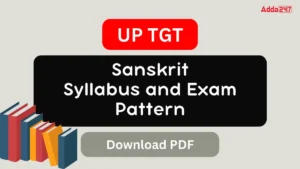Table of Contents
Teaching is a dynamic process that facilitates learning, blending both art and science. It revolves around the sharing of knowledge and experiences, structured within a discipline, with the goal of fostering the psychological and intellectual growth of individuals through the efforts of educators.
Effective teaching rests on fundamental principles that serve as foundational guidelines. These principles ensure that educational practices operate within a well-defined framework. Teaching involves continuous adaptation to meet the evolving needs of students. Fostering a supportive and inclusive learning environment is crucial for maximizing the potential of every learner. Here on, we will discuss the Principles of Teaching and Effective Ways of Teaching.
Principles of Teaching
As mentioned above principles are the general guidelines within which things must operate. Here are the following principles of teaching:
General Principles
- Principle of direction: A principle of goals and objectives is the most important principle of teaching because objectives give direction to our teaching. It states the purpose and tells what the learner will be able to do after these teaching acts.
- Principle of Learning by Doing: This principle states that self-learning is the best way to learn. Teachers must opt for engaging and self-activities to enhance the learning outcome.
- Principle of interest and linking with life: By generating interest among the learners, the effectiveness of the teaching-learning process can be increased. this interest can be created by giving real-life examples and situations to students while learning.
- Principle of definite aim: Teaching should start with defining the aim and objective. The teacher and students must be clear about the goals of teaching-learning. It helps them to be on the track.
- Principle of making provision for individual differences: every student is unique in terms of intelligence, abilities, attitudes and socio-economic background. Every child is different from each other. The teacher should keep in mind individual differences while teaching.
- Principle of selection: The scope of knowledge is expanding every single day. The teacher should be able to pick contents that can be relevant, concise and updated to the learner’s objectives.
- Principle of planning: Every teacher has certain time-bound objectives, and hence teaching should be systematic, to make optimum use of resources within the time limit. Planning includes lesson plans, teaching aids, strategies and methods of teaching.
- Principle of division and revision: To make learning easier, the subject matter should be divided into such units and there should be a link between the units. So that learners can understand easily. But for enduring that knowledge revision is needed.
- Principle of creation and recreation: This principle is a must to make the classroom environment more conducive to humour and creativity.
- Principle of active participation and involvement: teaching and learning must be child centeredness so that children can actively participate in learning. It helps in developing self-confidence among the learners.
Psychological principles
Some psychological principles should be followed by the teachers. These are as follows
- Principle of Readiness:- this principle state that a teacher should pain he is on her instructions on teaching as per the psychological and mental level of the people. He or she should keep in mind the majority level of the student to understand the concept in a better way.
- Principle of Satisfaction and Effect:- the teacher must make the student satisfied with what they are learning. Children learn best when they are having I’m association and a feeling of being satisfied with the task.
- Principle of Attention:- To be successful in the teaching-learning process a teacher should use appropriate stimulus variation to fetch the attention of the student. This wholly depends on interest. Hence, a teacher should try to identify the interest of the students in order to set attention and have a better learning outcome.
- Principle of Motivation:- Motivation helps children to learn in a better way. when a child is motivated during the learning process, half of the battle is won. hence, a teacher should create a situation via which a sense of motivation and interest can be inculcated among students.
- Principle of Group Dynamics:- Teachers should follow diverse methods of teaching. understanding group dynamics can help a teacher to synergise the efforts of students in a better way. The project method is an appropriate method for inculcating desirable group behaviour among students. It produces a democratic climate in the classroom.
- Principle of multi-sensory approach: It has been evident from past research that using the multi-sensory approach in teaching better learning outcomes can be generated. A teacher should focus on using different teaching aids like projectors, Motion Pictures, printed materials and audio aid than simple blackboard teaching to make learning interesting.
- Principle of Tolerance, Cooperation and Praise:– In order to create a good socio-emotional environment in the class a teacher must use the principle of praise cooperation. There is a need to appreciate the feelings and ideas of the students. A good teacher needs to be tolerant towards the students’ responses.
Hence, effective teaching is based on some well-defined principles. These principles act as a guiding force to make the teaching-learning process effective.
Effective ways of Teaching
A teacher can make the teaching process effective by following certain ways and means. these are discussed below:
- Student centric-discussion: It is a teaching strategy where the teaching and learning process is aimed towards developing a better understanding of the students. It helps in stimulating the thinking process, pooling of knowledge and ideas generation.
- Cooperative learning: It refers to the learning in which a small group of students 5-7 collaboratively work on a task given by teachers to them. The task can be anything like quiz solving, model making on a specific topic etc. In such activities, students come together and help maximize each other’s potential. It encourages students to build good relations and to support one another.
- Differentiated instruction: It is one of the teaching strategies that take into account that students from a single classroom may be at different starting points in their learning process. It means a combination of different content, products, teaching aids, methods or even a different learning environment to help learners succeed.
- Visualization: Visualization is the ability to create mental images based on the words we hear or the text that we read. It helps students to focus on the concept in a better way by encouraging students to make connections with real-life events.
- Have strong communication skills: Effective communication skills will help you to build and maintain positive working relationships with your students. This can boost progress and achievement.
- Flipped classroom: It is an innovative teaching technique that works in contrast to traditional classroom learning. In a flipped classroom students learn new concepts in their homes and practice them in school in the form of debates, presentations, and experiments. This will help boost the self-confidence and analytical skills of students.
Download Principles of Teaching and Effective Ways of Teaching Study Notes PDF
The direct link to download the Principles of Teaching and Effective Ways of Teaching Study Notes PDF has been provided below. Candidates can click on the below-provided link to prepare for the UGC NET Examination. Hence, understanding the principles of teaching can make the teaching-learning process effective through diverse instructions and teaching aids. they help teachers work on a student-centred approach to teaching.
Download Principles of Teaching and Effective Ways of Teaching Study Notes PDF




 Phases of Teaching - Stages of Teaching ...
Phases of Teaching - Stages of Teaching ...
 स्वर व व्यंजन - �...
स्वर व व्यंजन - �...
 UP TGT Sanskrit Syllabus and Exam Patter...
UP TGT Sanskrit Syllabus and Exam Patter...




